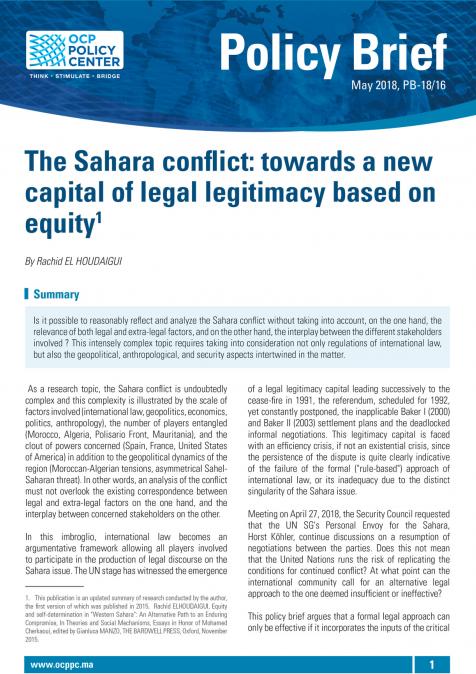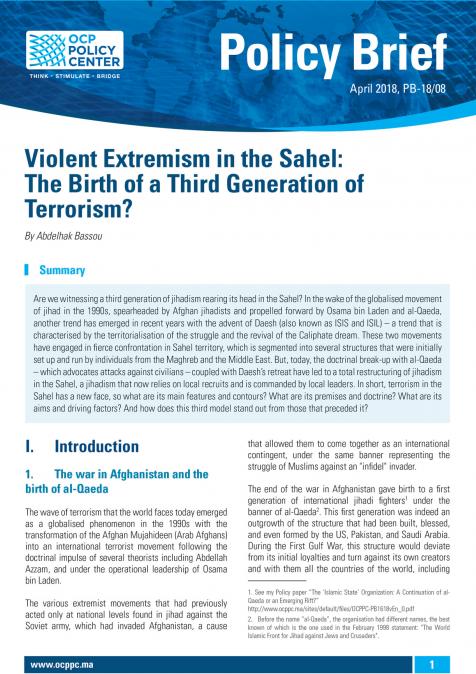Publications /
Policy Paper
Les missions militaires de l’Union européenne (UE) en Afrique revêtent aujourd’hui, à l’heure de la réinvention du partenariat euro-africain, une importance considérable. Alors que Bruxelles entend plus que jamais s’imposer comme l’un des garants de la sécurité au niveau mondial, tout en se mesurant aux nouveaux rapports de force mondiaux, elle tient parallèlement à devenir un acteur incontournable en matière de paix, de surcroît motivé par la prolifération des risques et défis sécuritaires submergeant son voisinage. Dans cette perspective, l’Afrique a pris une place importante dans l’agenda extérieur de l’UE depuis le premier Sommet UE – Afrique de 2000 au Caire, où Bruxelles a inscrit au centre de ses réflexions l’architecture de la sécurité africaine, tout en réaffirmant la place de choix qu’occupe le continent africain dans les priorités européennes en termes de politique étrangère. Aujourd’hui, alors que le continent africain, en proie aux influences étrangères, est submergé par des défis sécuritaires d’une ampleur inédite, l’UE pense réinventer son engagement militaire en Afrique, à une époque où le thème de l’Europe géopolitique gagne en force dans le débat politique inter-européen.





